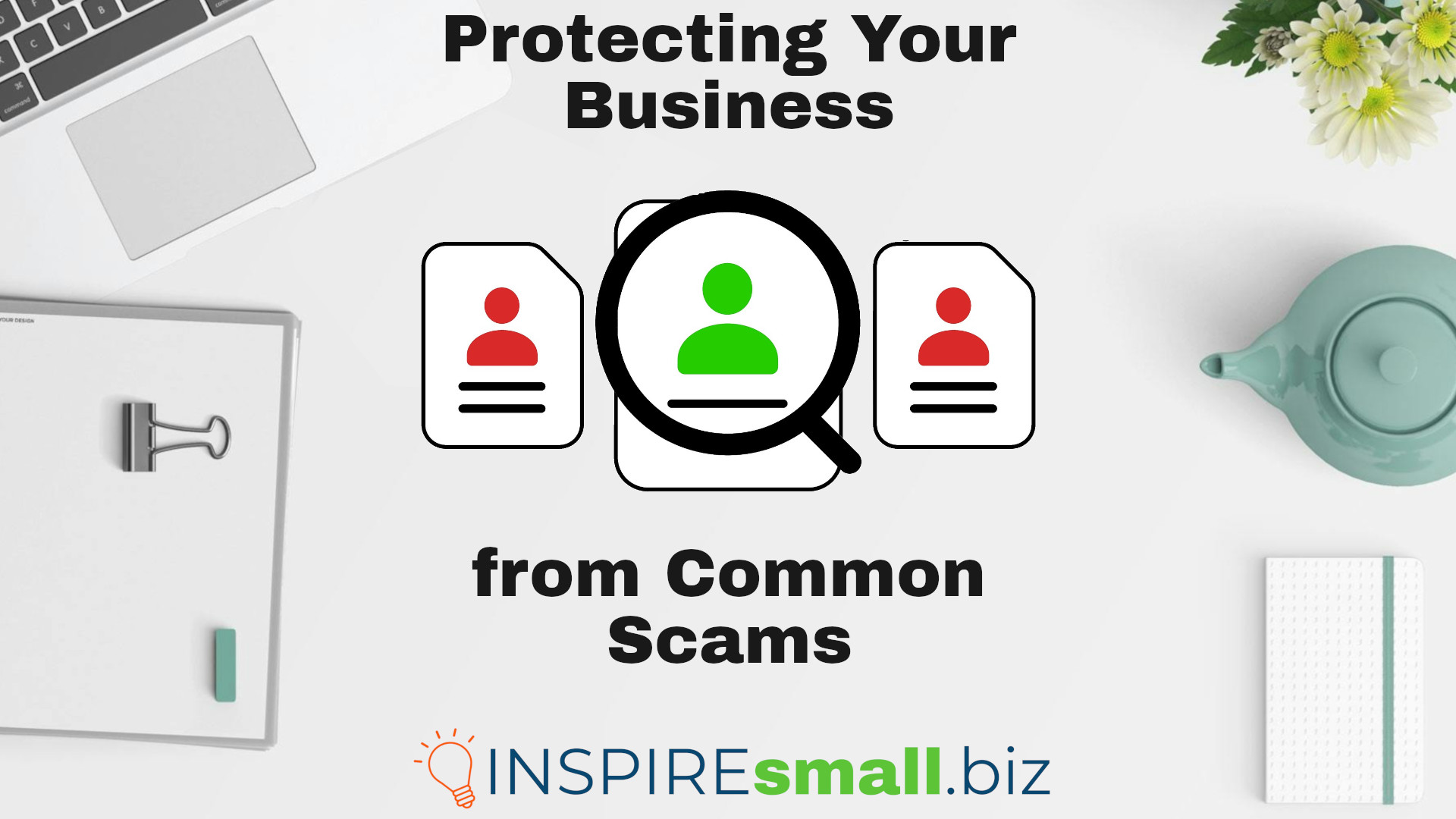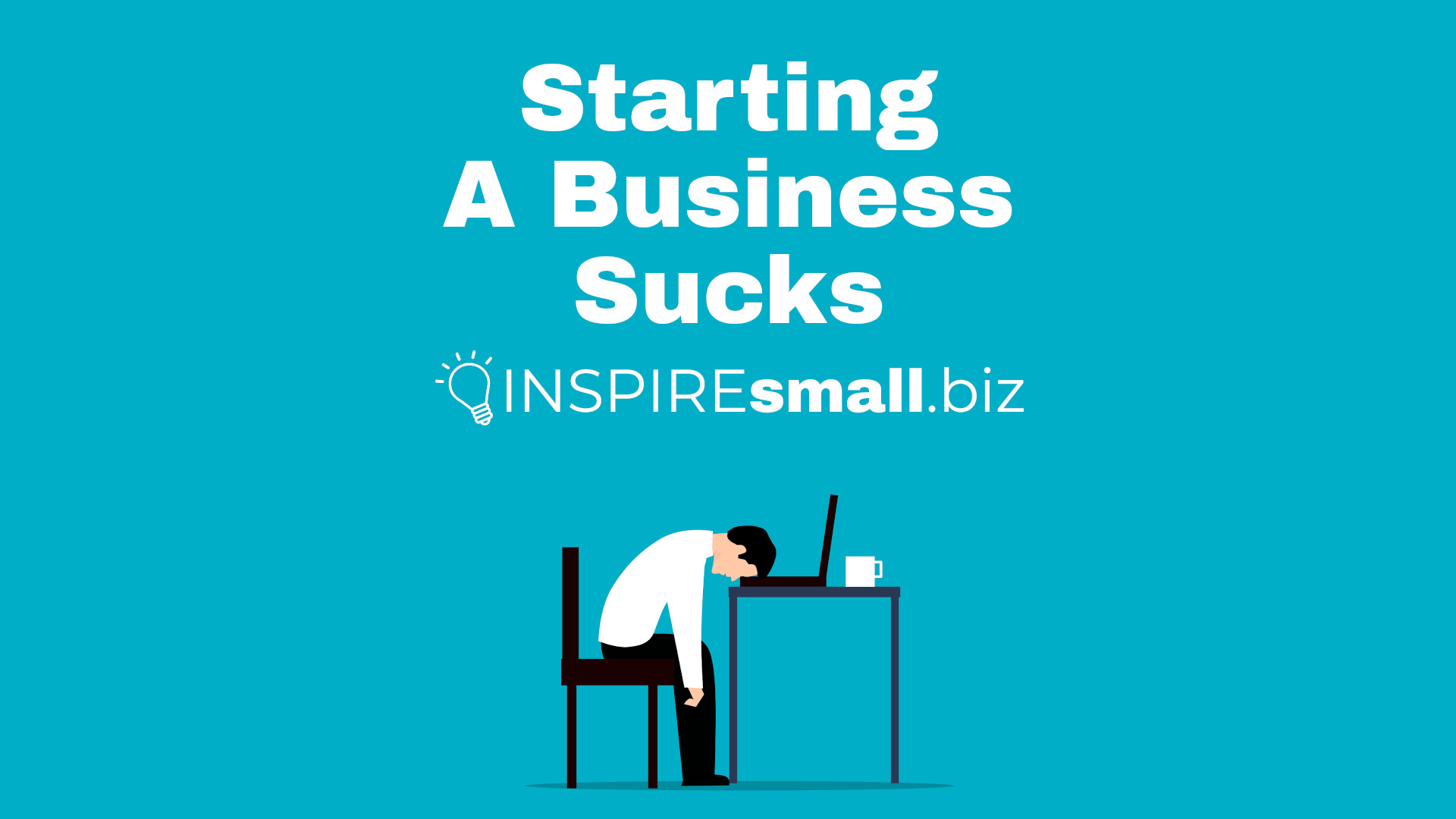The amount of money lost to scams grows every year1. We’ve written before about scams, but we’ve never covered the types of scams that target businesses. Businesses have their own vulnerabilities, and it makes them a target for a variety of scams. Make sure that you and your employees know what to look out for to protect yourselves.
Common Tactics
The tactics should sound familiar2: scammers will impersonate someone you know or trust, scammers will make it sound like you have to act immediately, and scammers will demand payment in a specific way. These are all signs that something is wrong, and you should be alert.
- Pretending to be someone you know or trust: Scammers might impersonate your boss, a company you work with, a government, or anyone else that your business either works with or might work with. If someone calls you, and you’re not sure they really are who they say they are, hang up and look up their official contact information through a search engine and contact them directly.
- Telling you to act immediately: Scammers don’t want you to think about what they’re asking you to do; they want you to just do it first, and they don’t care if you figure it out after they have your money. Just remember, good things keep, and if an offer is real, you don’t need to act in the next few minutes. Give yourself a chance to consider if what they are saying sounds too far-fetched, and if you’re feeling pressured, try to contact the company or agency through their official contact information to verify.
- Requiring payment via specific methods: Commonly, scammers want you to pay with wire transfers, cryptocurrency, or gift cards. These payment methods are pretty much impossible to reverse, and you will lose your money. So, if someone requests any of these, then contact them through their official information.
Common Scams
The FTC lists 10 different common scams that scammers might try2. They include:
- Business Coaching: Scammers are selling fake business coaching programs. They might only charge a little to get started, but the fees will go up, and you won’t get the business help you need. (Check out SCORE if you’re looking for some help with your business, it’s free!)
- Fake Invoices: Scammers send you a fake invoice and hope you’ll pay it.
- Fake Checks: Scammers might want to overpay you with a check, and have you pay them the difference. But, once their check bounces, you’ll be out the money you paid them.
- Unordered Merchandise: Scammers send you merchandise you didn’t order and then pressure you to pay for it. (It’s yours if they sent it to you, don’t pay them for it if you didn’t order it.)
- Online Listing and Advertising: Scammers will try to get you to pay to be in nonexistent advertising or a fake business directory. They might begin by saying it’s free, and then later ask you to pay.
- Changing or posting online reviews: Scammers might say they can help you fix your reviews, but it violates every terms of service for review sites, so even if they can, you risk getting removed from the review site entirely.
- Impersonating Businesses and Government Agencies: Scammers might impersonate someone either using a fake bill, fake debt, or offering a “great price” on something you could get for free. Be very wary of anyone who calls and says they are from the government (they’re much more likely to send you a letter).
- Tech Support: Scammers pretend to be tech support and try to gain access to your computer. They might try to charge you for support and steal all your data. Don’t ever call the number in a pop-up window on your computer.
- Social engineering, phishing, and ransomware: Scammers might impersonate your boss or the CEO and ask for something, so be especially cautious if it seems out of the ordinary or a weird request.
- Credit Card Processing and Equipment Leasing: Scammers can take advantage of people looking for lower fees. Make sure you read the fine print on any contracts you sign and get copies of all of them.
Overall, if it sounds too good to be true, it probably is. And you want to do your due diligence to make sure any offer or situation is legitimate before you throw good money after bad. With the increase in the capabilities of AI, it’s more important than ever that you double-check these things.
Protecting Your Business
Knowing is half the battle, so make sure you and your staff are familiar with the tactics and common scams to look out for. Make verification a part of your workflow. Search for “their company name + scam” in a search engine, look carefully at the sender for emails and text messages, and always carefully review invoices. Make sure everyone knows that caller ID can be faked and that they shouldn’t click links or open any attachments unless they are certain an email or text message came from a legitimate sender.
Conclusion
I hope you never lose money to a scammer, so please familiarize yourself with these scams, and check out our other blogs about protecting yourself.
Sources
- Federal Bureau of Investigation. (n.d.). 2023 Internet Crime Report. In 2023 Internet Crime Report. https://www.ic3.gov/Media/PDF/AnnualReport/2023_IC3Report.pdf
- Scams and Your Small Business: A guide for business. (2024, January 31). Federal Trade Commission. https://www.ftc.gov/business-guidance/resources/scams-your-small-business-guide-business
- Home page. (n.d.). SCORE. https://www.score.org/
- biz. (2022, November 10). Security Archives – INSPIREsmall.biz. https://www.inspiresmall.biz/tag/security/



